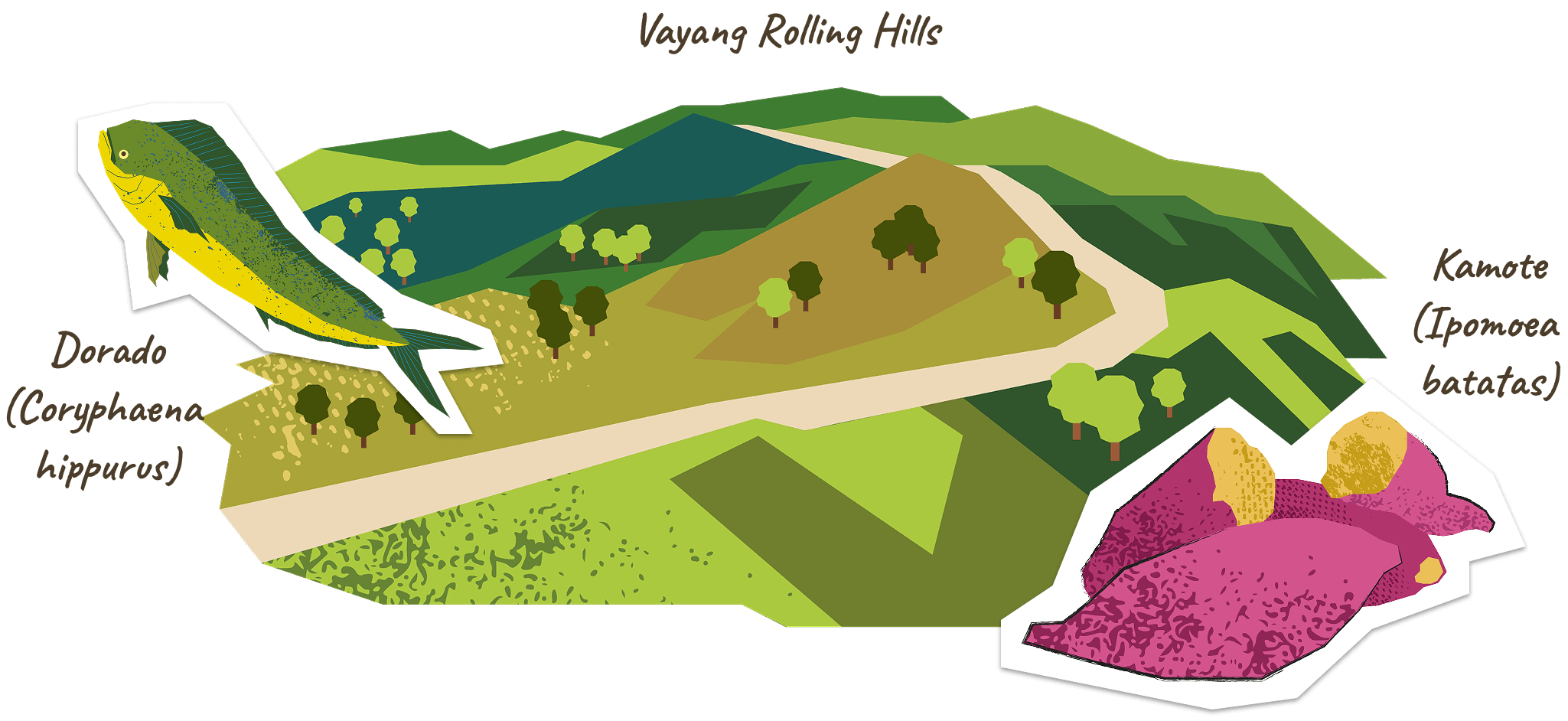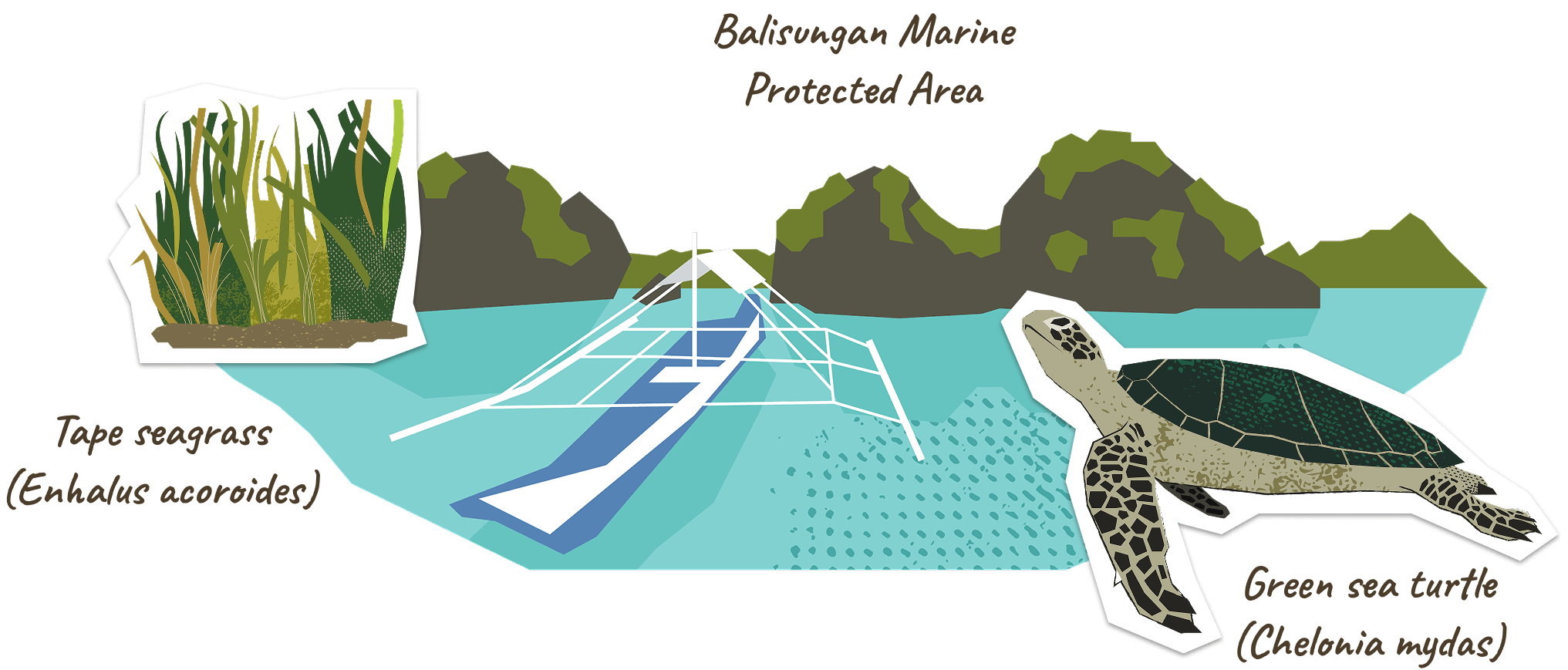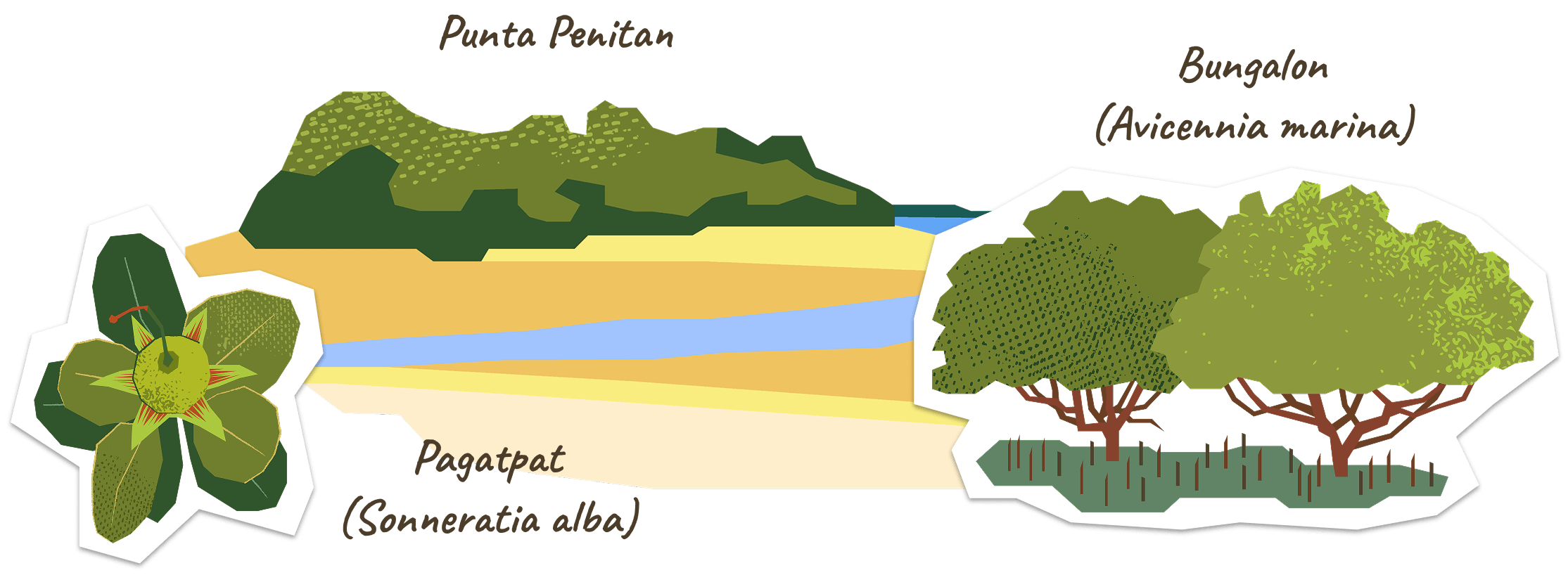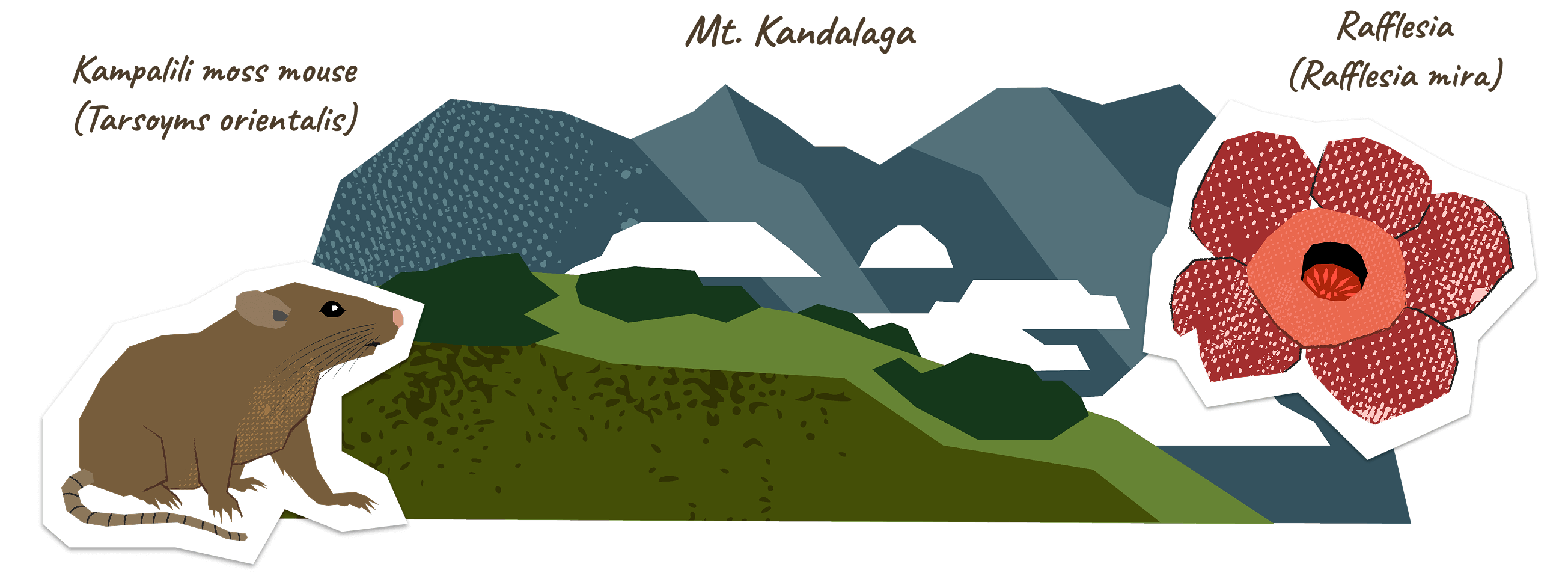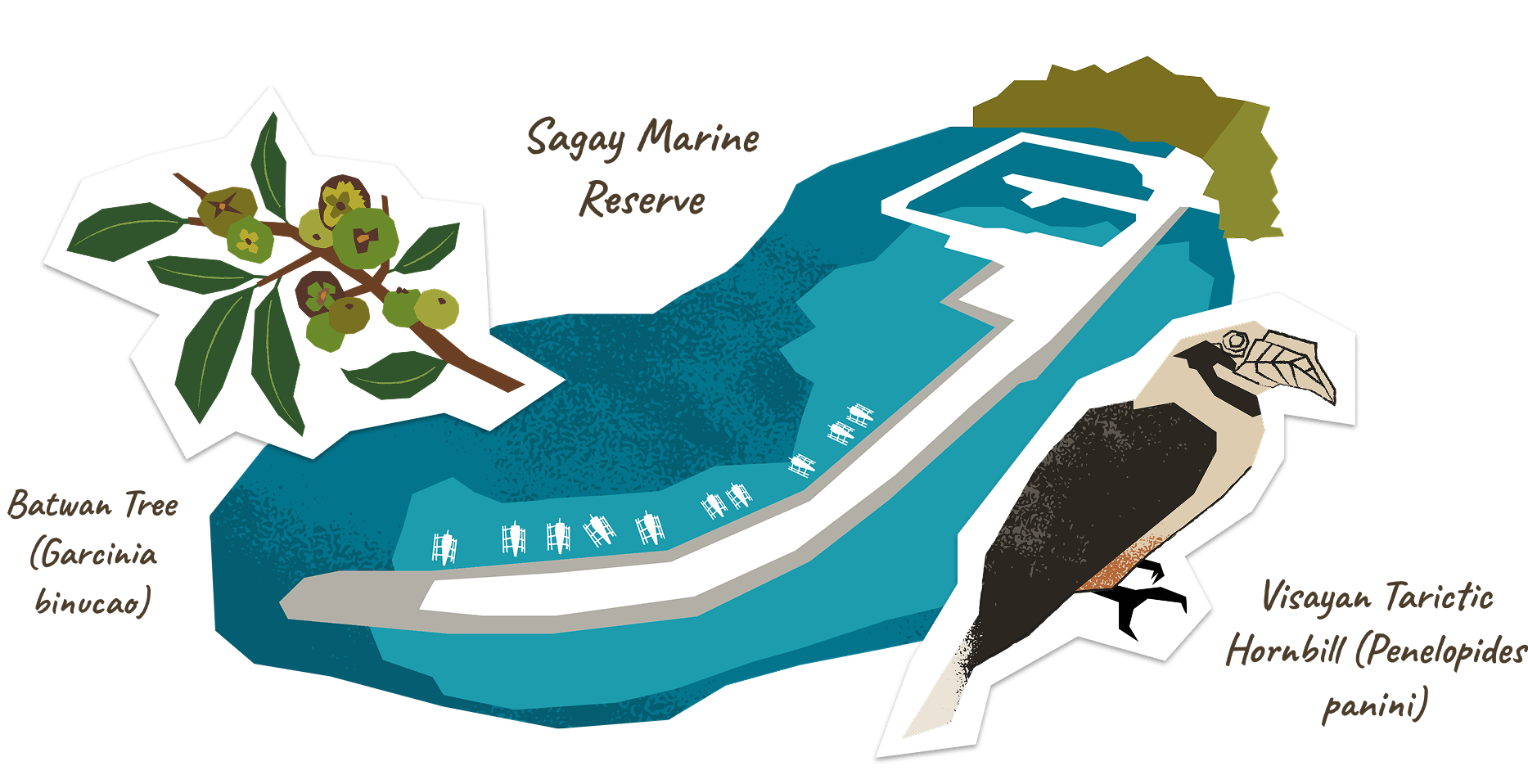Nature-based Solutions in action
Learn more about Nature-based Solutions (NbS) for climate adaptation through the projects we support
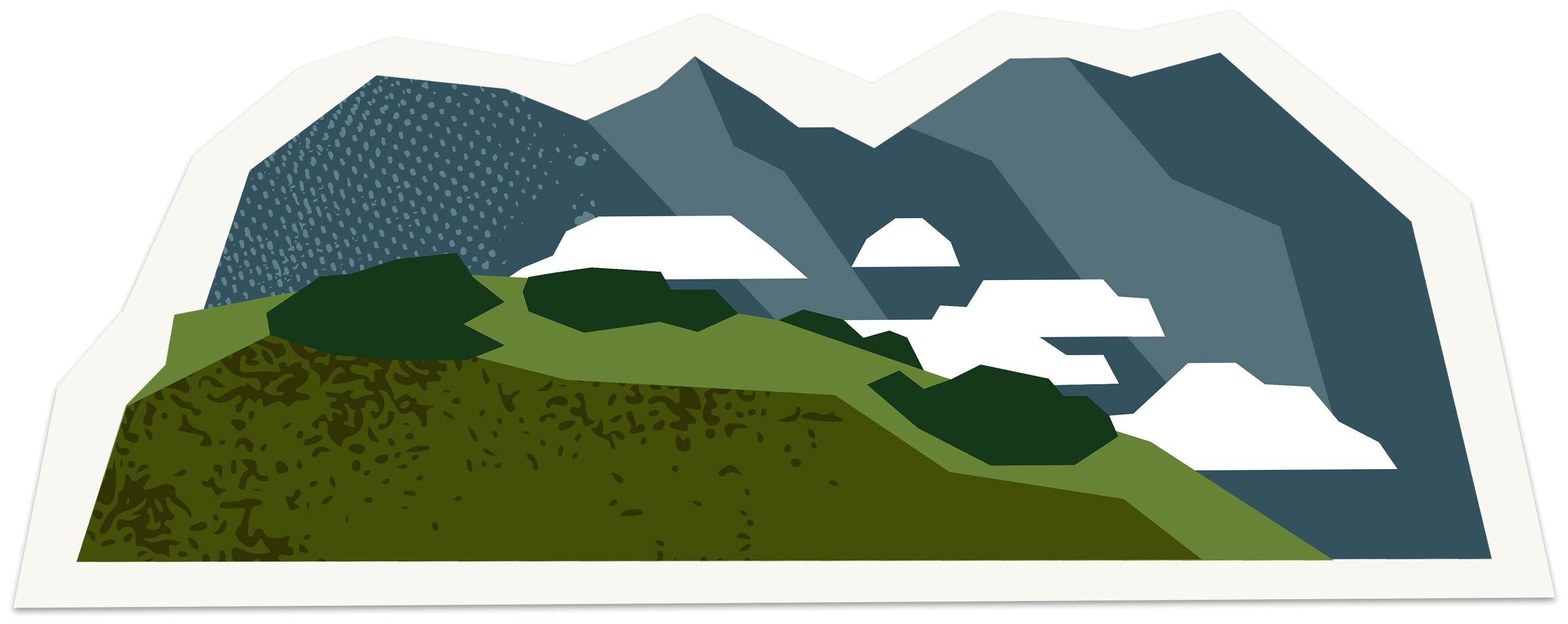


Site-based Grants will support gender-responsive and community-based nature-based solutions (NbS) projects to help reduce vulnerability and increase resilience to climate change impacts in priority areas.
Site-based Grants support gender-responsive and community-based Nature-based Solutions (NbS) projects to help reduce vulnerability and increase resilience to climate change impacts in priority areas.
To strengthen the PCP4NbS' effectiveness and responsiveness in contributing to climate, biodiversity, and gender-equality outcomes, baseline studies – a Vulnerability and Risk Assessment (VRA); Gender-based Analysis (GBA) Plus; Knowledge, Attitudes, and Practices (KAP) Assessment; and Marine Biodiversity Assessment (MBA) – were conducted in the priority areas. The findings provide the evidence to support NbS that address societal challenges experienced
in priority areas.

priority areas

projects
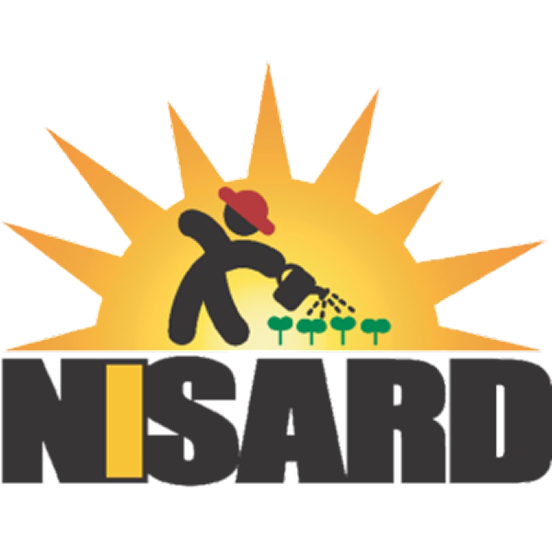
Developing Nature-Based Regenerative Agroforestry and Organic Farming for Sustainable Agriculture and Ecosystem Restoration of Sicaba and Malogo River Watersheds, Negros Occidental
The overall goal is to develop community based regenerative agroforestry and organic farming as biodiversity friendly enterprises withs small farmers peoples’ organizations within the Sicaba and Malogo River Watersheds in Negros Occidental.
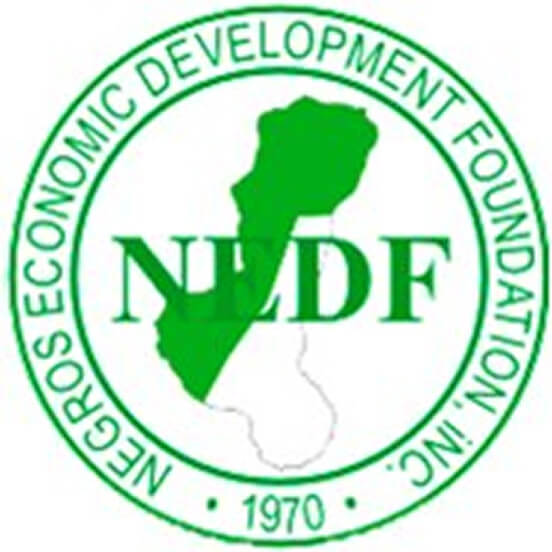
Sustaining Sicaba Watershed through Agroforestry and Local Enterprise
The project seeks to strengthen climate resilience of upland communities, particularly women, in the protection and conservation of the Sicaba River Watershed through nature-based solutions (NbS) in Cadiz City, Negros Occidental.
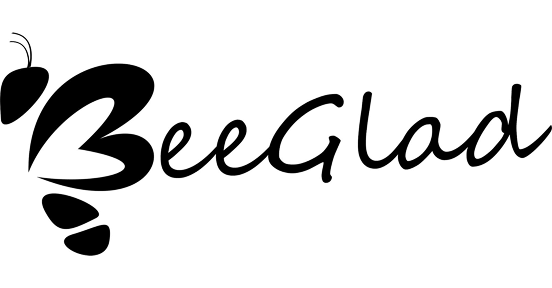
Nurturing Gawahon: A Community-Driven Model for Utilizing Nature-Based Solutions, Fostering Gender Equality, and Harnessing Ecotourism
Nurturing Gawahon aims to improve biodiversity, enhance climate resilience, and empower local communities in Gawahon through reforestation, sustainable honey production, organizational strengthening, and capacity building. The initiative will contribute to long-term ecological resilience and community empowerment, ensuring that both people and nature thrive in Gawahon, Victorias City, Negros Occidental.

projects

Biodiversity and Nature-based Initiative for Climate Adaptation
The project seeks to restore and protect Banica River's riparian forest ecosystems through Nature-based Solutions (NbS), such as stream enhancement, transforming urban spaces into thriving green habitats, while improving food security and addressing societal challenges.
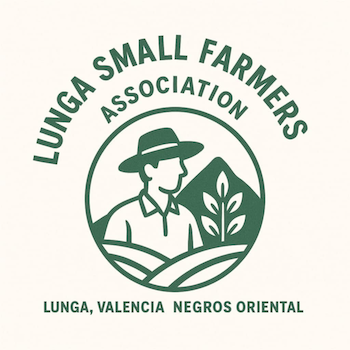
CBFMA for NbS: Highlights Community Participation in Lunga, Valencia, Negros Oriental, Philippines
The project seeks to address both climate and human-induced hazards and gender challenges through Nature-based Solutions (NbS), such as enhancing agroforestry, restoring the riparian forest ecosystem, and engaging community members, including women, in forest patrolling and monitoring.

FAQS
What kinds of projects are eligible?
Site-based grants under the Program shall directly support community-based and gender-responsive NbS to help reduce vulnerability and increase resilience to climate change impacts in the target sites. These NbS initiatives shall respond to the results of the VRA and GBA Plus, and the Marine Biodiversity Assessments (MBA) for Calamianes Islands, Palawan and Camarines Sur.
Site-based grants shall be awarded to projects that seek to implement, but are not limited to, these potential NbS. Proponents are encouraged to introduce other tested or innovative NbS, especially those supported by local experiences and expertise.
Who can apply?
Entities eligible to receive funds under the Program include:
- Non-government organizations (NGOs)
- Organized, registered, and/or recognized community-based organizations, people’s organizations (POs), indigenous peoples’ organizations (IPOs), and/or women’s rights organizations (WROs) who work in the environment and/or development field
- Other appropriate local or regional entities active in the Philippines
How much funding is available?
Each proposal for a site-based grant shall be between Php 2 Million and Php 6 Million, and implemented for up to two (2) years.
Coming in 2026: Public Support Grants
Public Support Grants will support projects that will sustain public support for Nature-based Solutions (NbS) for climate adaptation in our priority areas. Support may be up to PhP 2 Million each, and implemented for up to 12 months.
Have a project in mind?
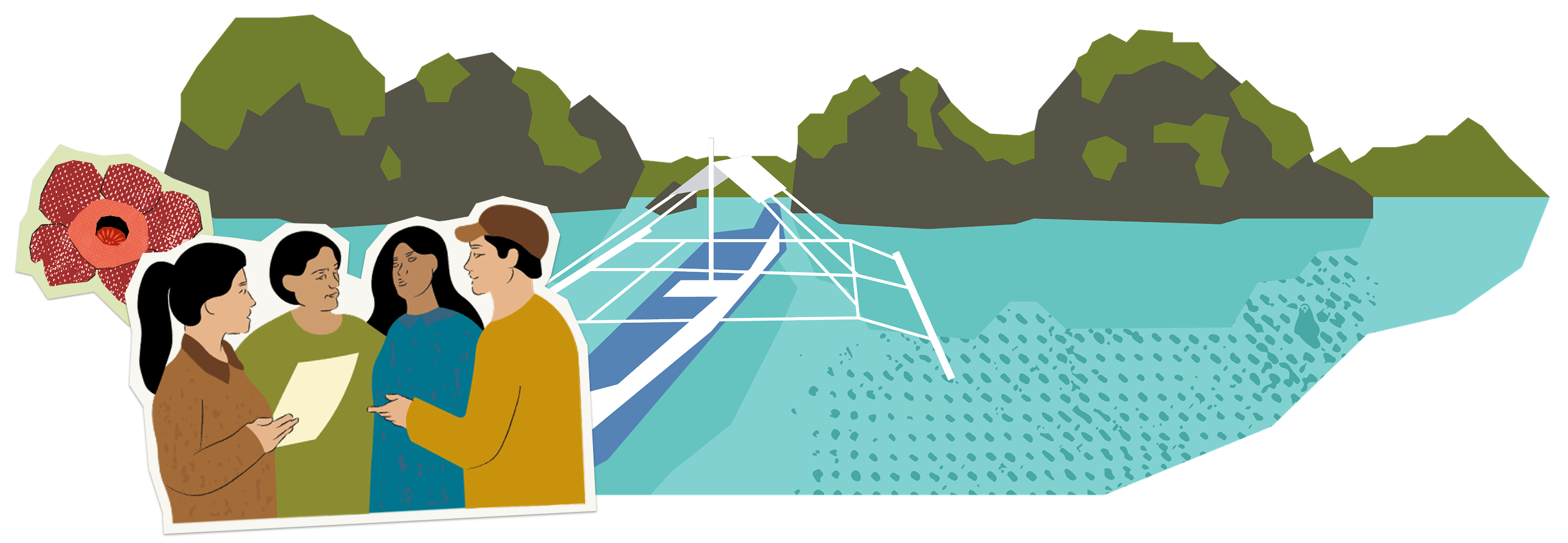

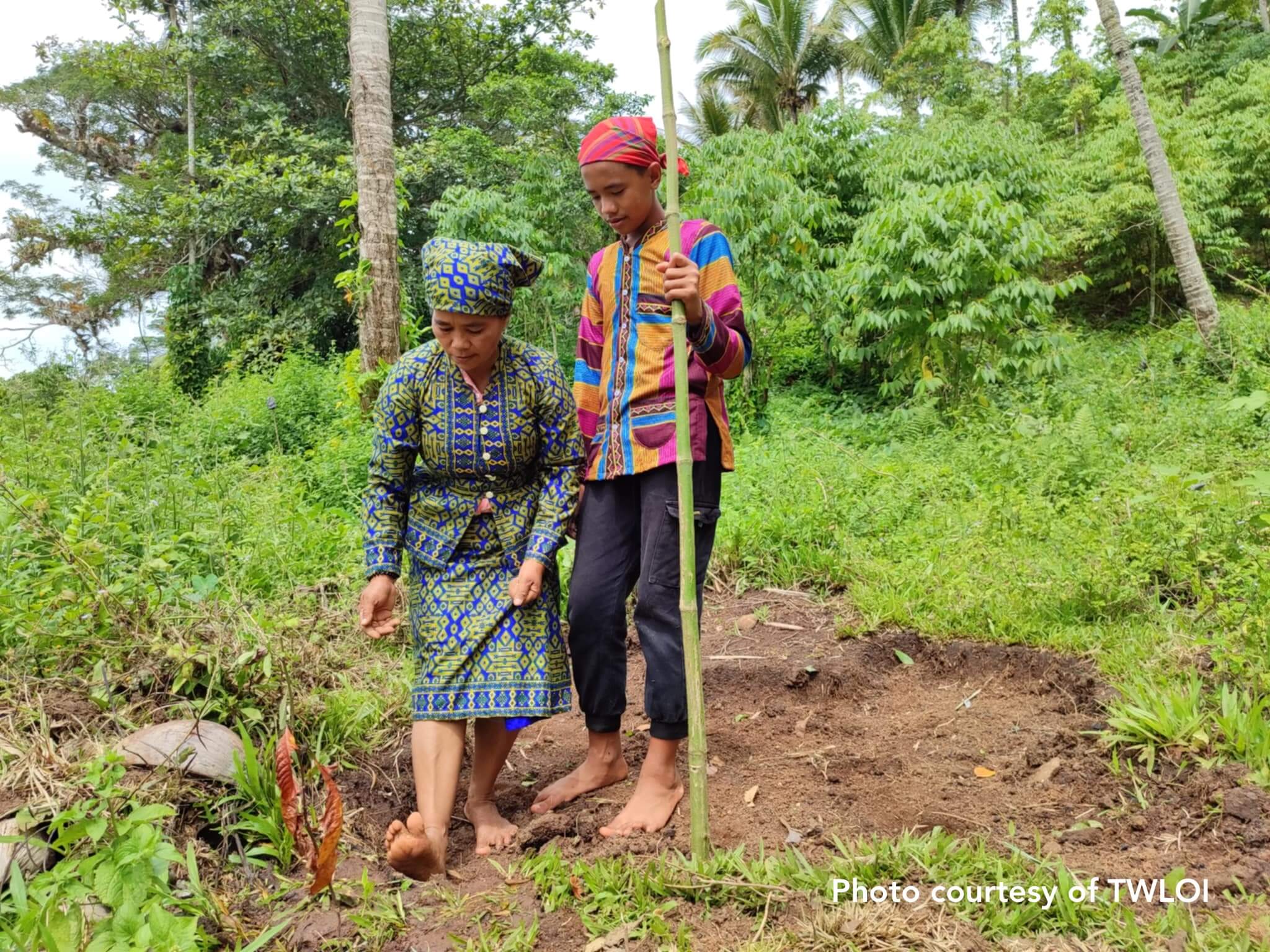
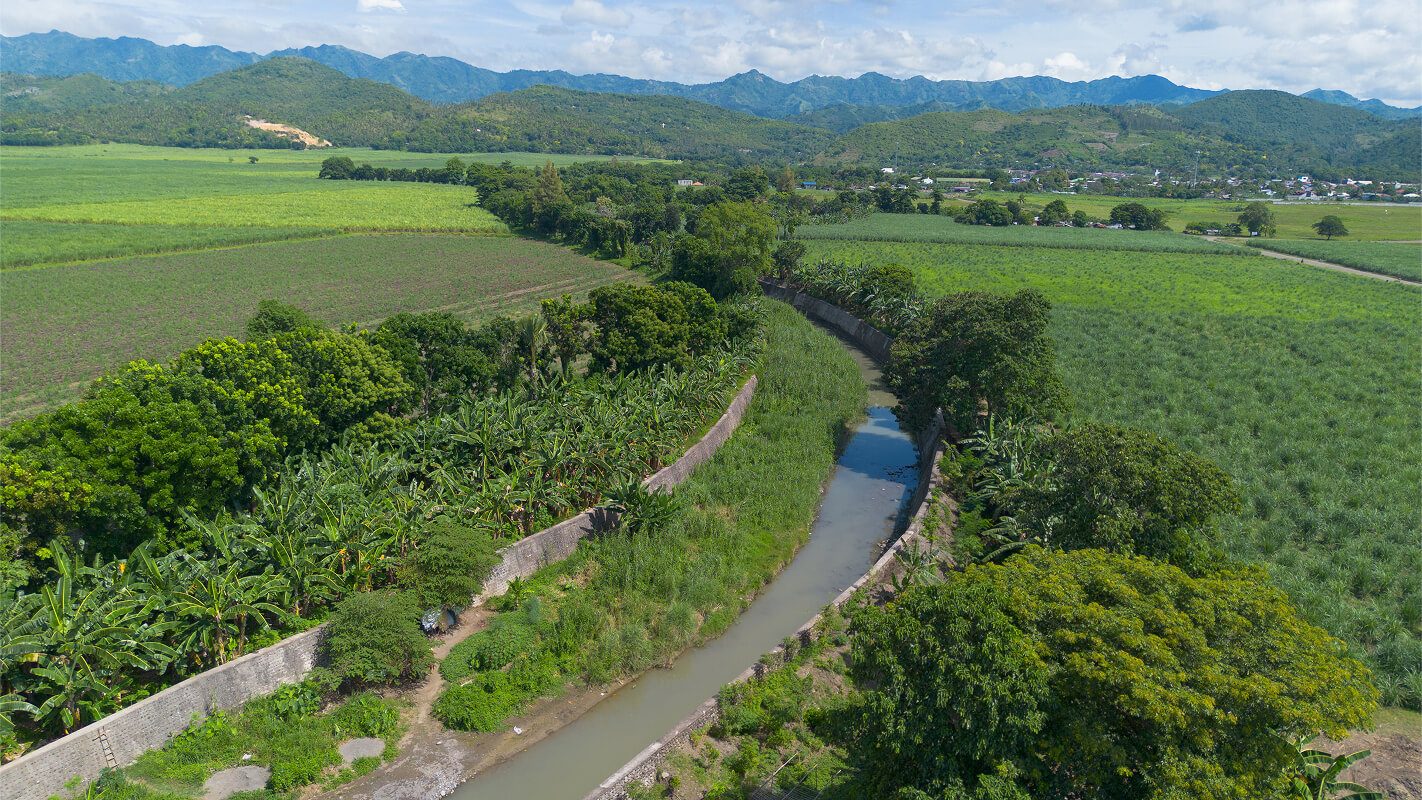




Thematic Grants support NbS for climate adaptation in areas in the Philippines with rich biodiversity and high climate vulnerability, to respond to climate change impacts, address societal challenges, provide biodiversity co-benefits, and promote gender equality in natural-resource management.
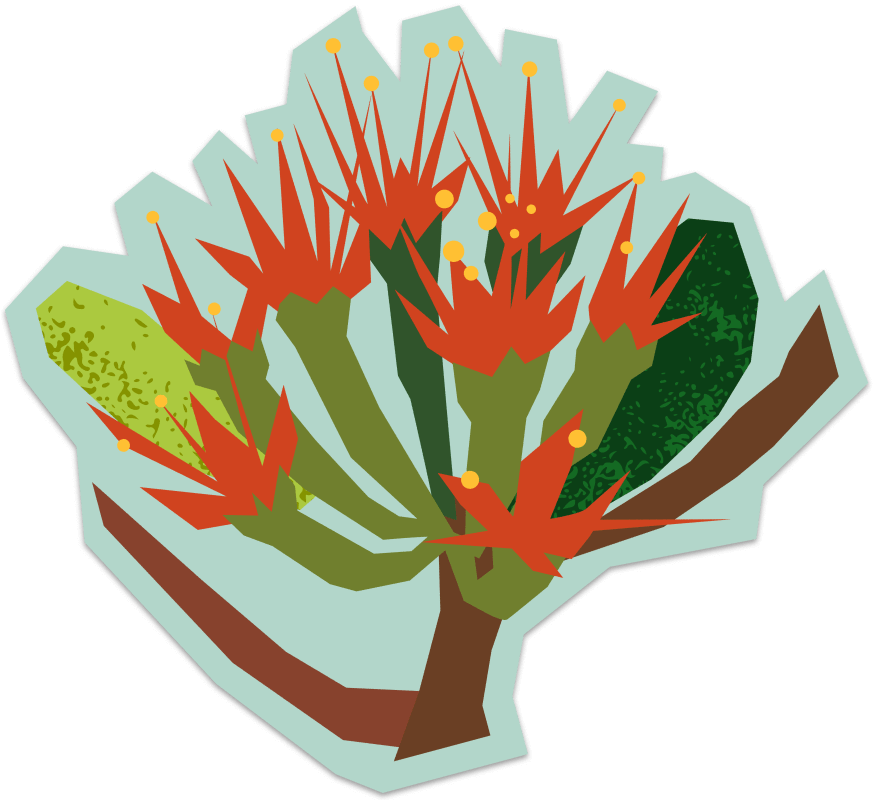
Thematic Grants support:

Ecosystem restoration and biodiversity conservation


Integrated risk management, including protection from hazards (i.e. fire, strong winds, and waves)


Enhancement of agri-food systems, forests, coastal and marine ecosystems
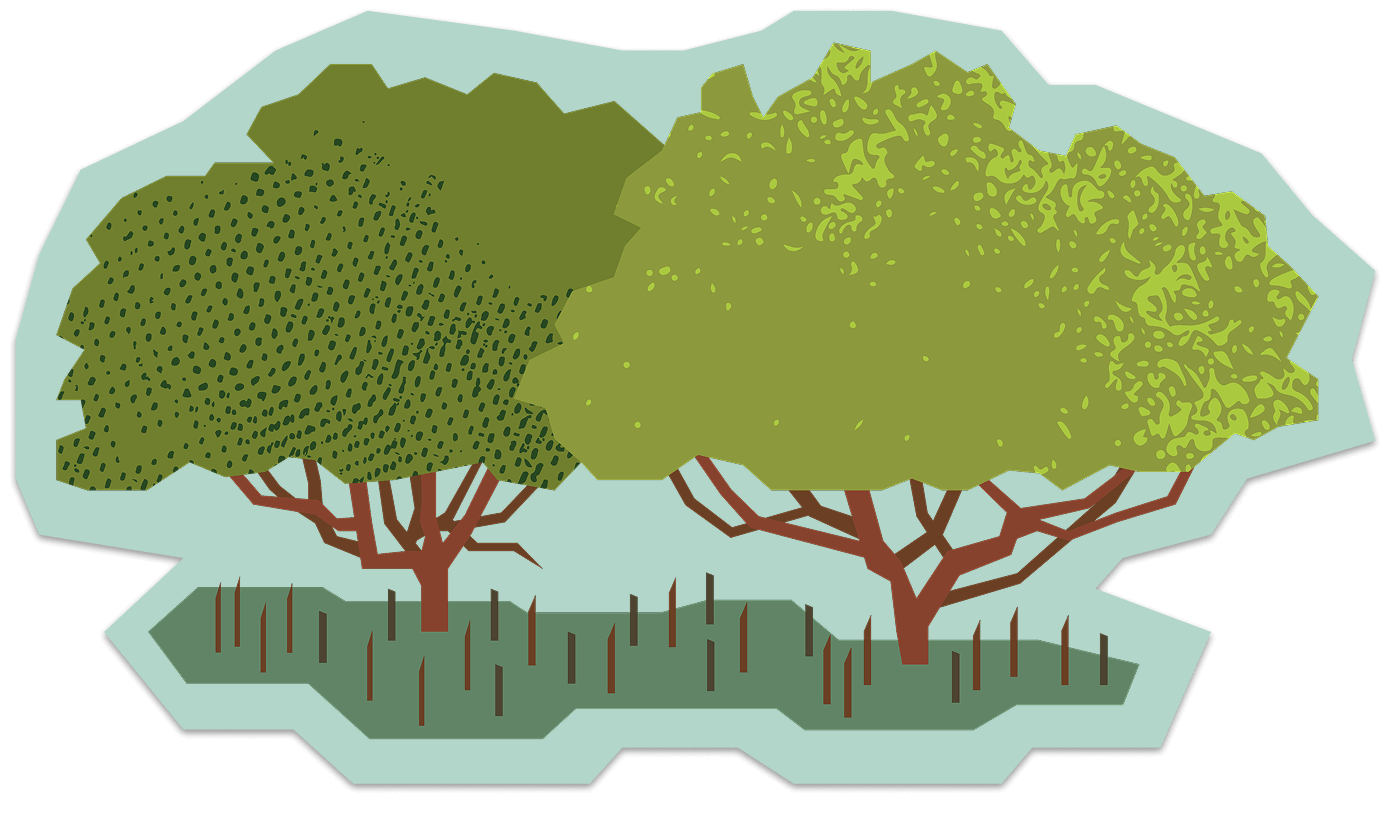

projects
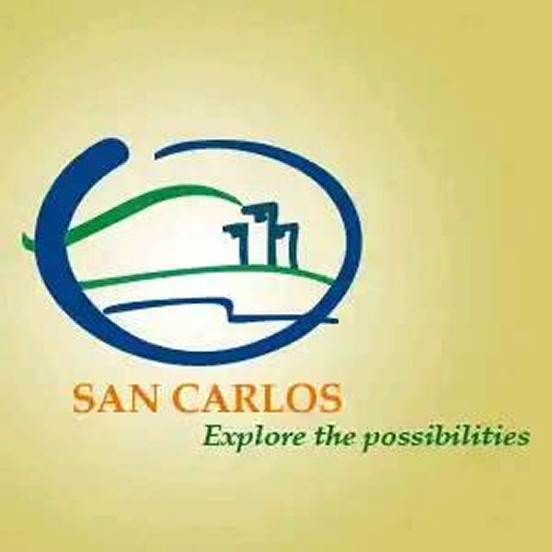
San Carlos City Collaborative Restoration of River Easements Utilizing Nature Based-Solutions (SCC CO-RESTORE)
The SCC CO-RESTORE project aims to establish a sustainable, inclusive, and gender-responsive framework that enhances climate resilience through active restoration approaches using Nature-based Solutions (NbS) while ensuring biodiversity conservation and socio-economic benefits for vulnerable sectors.

Supporting Tagbanwa Agroforestry through Adaptive Restoration of Indigenous Food
Crop System
The SILIPETEN project aims to enhance climate resilience and food security in the Tagbanwa community of Barangay Cheey, Busuanga, Palawan, by restoring Indigenous food crop systems through integrated and equitable Nature-based Solutions (NbS).
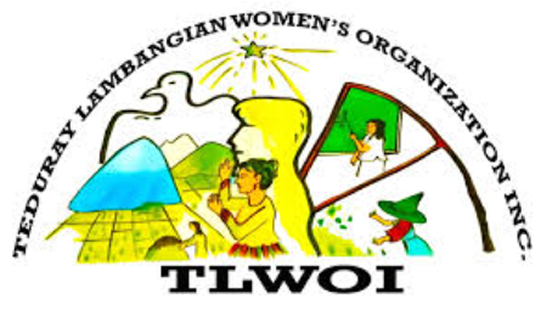
Strengthening Roles of Women Teduray Indigenous Peoples in Climate Change Adaptation, Resilience and Peacebuilding
The project aims to enhance resilience and adaptation capacity to climate change and disaster risks of vulnerable Teduray and Lambangian women and communities through Nature-based Solutions (NbS) by establishing reforestation and agroforestry areas.
Coming in 2026: Public Support Grants
This will support projects that will sustain public support for NbS for climate adaptation in the priority areas. Support may be up to PhP 2 Million each, and implemented for up to 12 months.

Public Support Grants
This will support projects that will sustain public support for NbS for climate adaptation in the priority areas. Support may be up to PhP 2 Million each, and implemented for up to 12 months.
Coming in 2026!
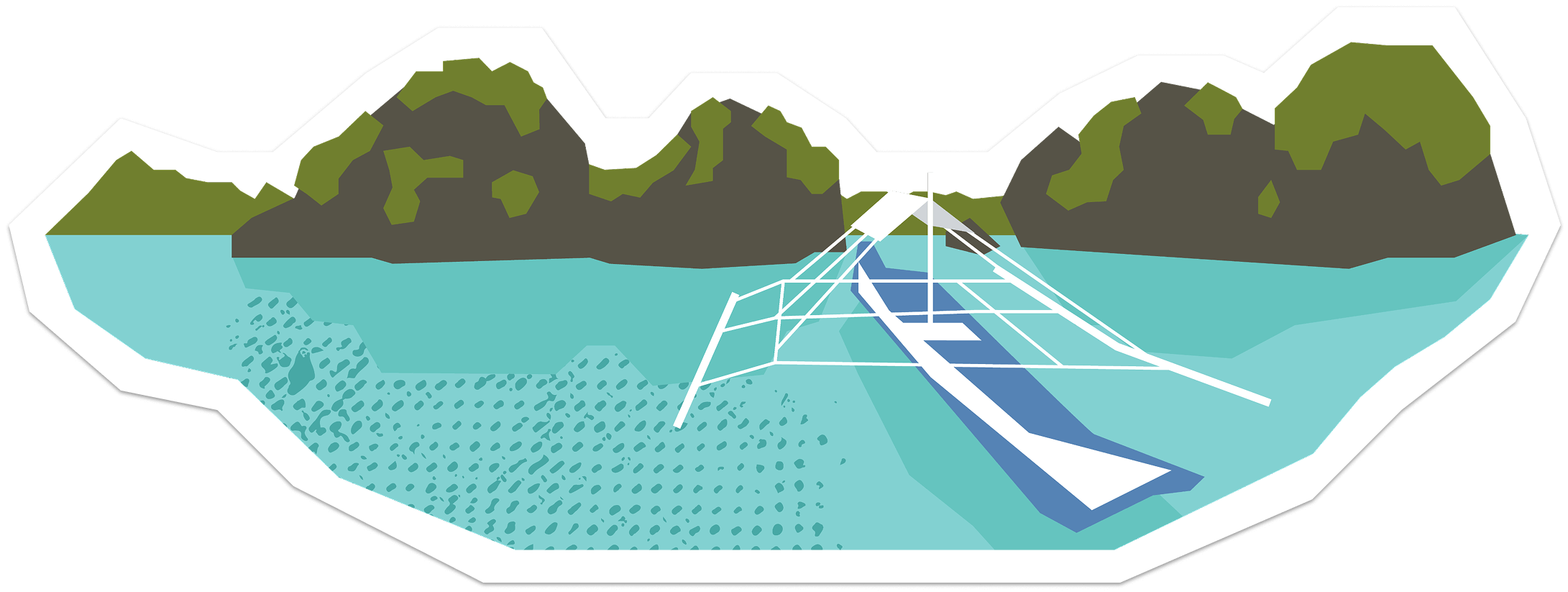
Coming in 2026: Public Support Grants
This will support projects that will sustain public support for NbS for climate adaptation in the priority areas. Support may be up to PhP 2 Million each, and implemented for up to 12 months.


